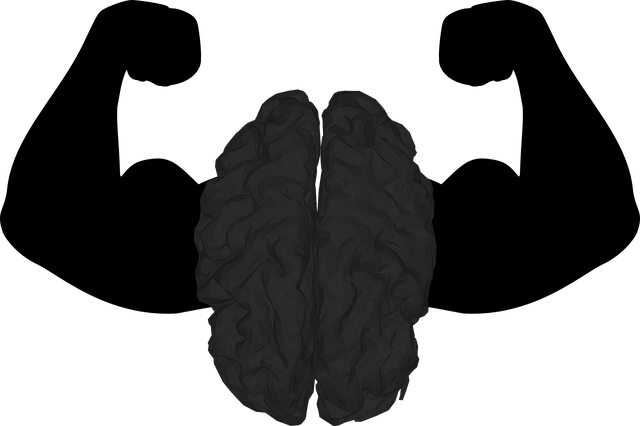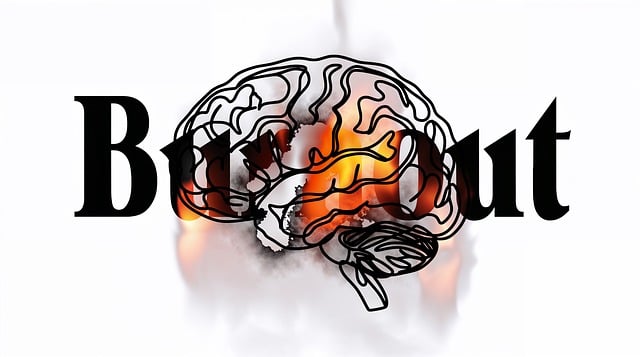Coping skills development is vital for bilingual individuals facing cultural and linguistic barriers in a monolingual world, leading to isolation and mental health struggles. Tailored therapy addressing these unique challenges, including language- and culture-specific support, builds resilience and reduces stigma. Specialized services, such as dual-language sessions and culturally sensitive education, empower therapists to provide effective care, fostering open communication and healthy coping mechanisms for bilingual communities.
In today’s diverse societies, understanding coping skills is paramount, especially for bilingual individuals. This article delves into the significance of coping skills in navigating the unique challenges faced by bilingual people, including language switching, cultural identity issues, and mental health impacts. We explore strategies to develop effective coping mechanisms tailored to a multilingual context, highlighting the role of therapy for bilingual communities in enhancing resilience and well-being. By understanding these dynamics, we can foster more inclusive support systems.
- Understanding Coping Skills and Their Significance for Bilingual Individuals
- Challenges Faced by Bilingual People and the Impact on Mental Health
- Strategies to Develop Effective Coping Skills in a Multilingual Context
- The Role of Therapy in Enhancing Coping Abilities for Bilingual Communities
Understanding Coping Skills and Their Significance for Bilingual Individuals

Coping skills are adaptive behaviors and strategies that individuals use to navigate life’s challenges and manage stress. For bilingual individuals, who often experience unique cultural and linguistic nuances, developing robust coping skills is paramount. Bilingualism presents both advantages and challenges; it can foster cognitive flexibility and enhance problem-solving abilities, but it may also contribute to feelings of isolation or confusion in a monolingual environment.
Understanding and cultivating effective coping strategies is essential for the mental wellness coaching programs development tailored to bilingual communities. By incorporating mental wellness coaching and leveraging mind over matter principles, therapy for bilingual individuals can address specific challenges they face, such as cultural identity issues, language barriers, or feelings of disconnection. These efforts contribute to mental illness stigma reduction, empowering bilingual folks to embrace resilience and cultivate a positive mindset, ultimately enhancing their overall well-being.
Challenges Faced by Bilingual People and the Impact on Mental Health

Bilingual individuals often face unique challenges that can significantly impact their mental health and well-being. Navigating between multiple languages and cultural contexts can lead to feelings of isolation, confusion, and even depression. The process of translating thoughts and emotions from one language to another may cause cognitive overload, making it difficult to express oneself accurately. This linguistic dilemma can result in a sense of disconnection from both cultures, leading to low self-esteem and increased anxiety.
Furthermore, the experience of being bilingual can sometimes hinder access to effective therapy for multilingual people. Language barriers in therapeutic settings can limit open communication, affecting the quality of care. Building resilience and coping skills development are crucial aspects of supporting this demographic. Encouraging support groups or communities where individuals can share their experiences and offer mutual help can be a powerful tool for depression prevention among bilingual populations.
Strategies to Develop Effective Coping Skills in a Multilingual Context

In a multilingual context, developing effective coping skills requires tailored strategies that address the unique challenges faced by bilingual individuals. Therapy for bilingual people often involves creating safe spaces where they can express themselves in their native language, fostering a sense of comfort and trust. This linguistic support is crucial as it enables clients to openly discuss their emotions, experiences, and concerns without the potential barriers posed by language differences. By incorporating cultural considerations into the therapeutic process, mental health professionals can enhance emotional intelligence, allowing them to better understand and respond to the nuanced needs of bilingual clients.
Additionally, crisis intervention guidance tailored for multilingual populations is essential. Mental health practitioners should receive training in risk assessment that accounts for cultural and linguistic factors, ensuring they can accurately gauge and address potential risks effectively. This specialized knowledge equips professionals with the tools to provide culturally sensitive care, promoting healthy coping mechanisms among bilingual individuals and communities.
The Role of Therapy in Enhancing Coping Abilities for Bilingual Communities

In many bilingual communities, therapy plays a pivotal role in enhancing coping abilities by addressing unique challenges that arise from navigating two languages and cultures. Bilingual individuals often face barriers in mental health support due to language disparities and cultural nuances not always understood by traditional therapists. Specialized therapy for bilingual communities ensures these individuals receive culturally sensitive care tailored to their specific needs. Therapists skilled in bilingualism can facilitate sessions in both languages, creating a safe space for clients to express themselves openly, fostering better communication and understanding.
Mental health education programs designed with cultural considerations in mind are integral to building empathy among therapists and promoting effective coping strategies within these communities. By incorporating language learning, stress management techniques, and mental health awareness activities, bilingual individuals can enhance their resilience and cope with life’s challenges more effectively. Through tailored therapy and educational initiatives, empathy building strategies help bridge the gap, ensuring that no one feels left behind in seeking support for their mental health needs.
Coping skills development is a vital component in supporting the mental health and well-being of bilingual individuals. By understanding the unique challenges they face, such as language switching and cultural identity issues, we can implement effective strategies. The article has explored various approaches, including therapy tailored for multilingual contexts, which can significantly enhance their coping abilities. Encouraging access to specialized Therapy for Bilingual communities is essential in fostering resilience and promoting a positive sense of self among individuals navigating the complexities of multiple languages and cultures.














